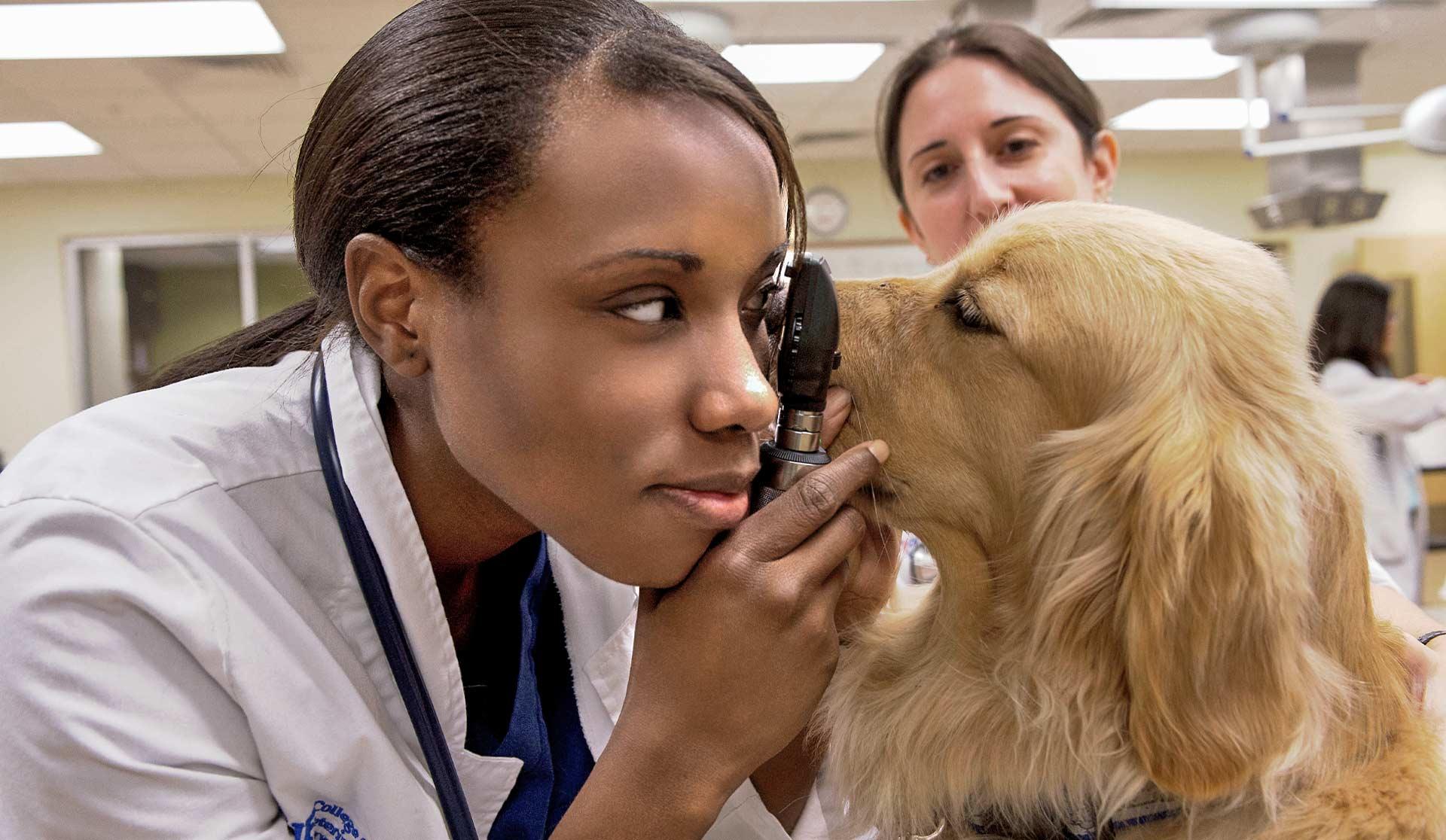How an Emergency Vet Can Conserve Your Pet's Life in Crucial Scenarios
How an Emergency Vet Can Conserve Your Pet's Life in Crucial Scenarios
Blog Article
Vaccination Guidelines From Your Relied On Vet
Inoculation guidelines offered by your trusted veterinarian play a critical role in safeguarding your pet dog's wellness and health. Core injections are essential for all animals, while non-core vaccinations can be customized to certain way of lives and environmental exposures. Comprehending the nuances of inoculation schedules, which begin as very early as 6 to eight weeks, is necessary for ideal protection. In addition, resolving typical misunderstandings surrounding vaccinations can better boost animal proprietors' confidence in these preventative steps. As we check out these essential facets, it ends up being progressively clear why regular consultations with your vet are crucial for notified decision-making.

Relevance of Vaccinations
Vaccinations play a pivotal duty in protecting pet dogs versus a variety of preventable diseases. By promoting the immune system to recognize and fight specific microorganisms, vaccines dramatically minimize the incidence of infectious illness that can affect a pet dog's health and wellness and long life. Not just do inoculations protect private pets, yet they also contribute to herd resistance, thereby reducing the total occurrence of conditions in the animal populace.
Prompt inoculations assist to minimize the spread of conditions such as rabies, parvovirus, and distemper, which can have serious repercussions for both animals and humans. Inoculations are typically a need for boarding centers, brushing solutions, and pet dog parks, making them vital for those that desire to mingle their pets.

Core Vaccines for Animals
While the specific inoculation requirements of family pets can differ based on specific variables, core injections are globally recommended to secure versus the most significant and common conditions (Emergency Vet). Core vaccinations are those considered crucial for all pet dogs, no matter their lifestyle or geographical location, as they safeguard against possibly deadly and highly infectious illnesses
For dogs, the core vaccines consist of those for canine distemper, parvovirus, adenovirus (hepatitis), and rabies. Canine distemper is a viral illness that affects the respiratory, stomach, and nerve systems. Parvovirus is understood for causing severe gastrointestinal health problem, particularly in puppies. Adenovirus can lead to liver condition, while rabies is a zoonotic illness that positions a threat to both animals and people.
In pet cats, core vaccinations include feline panleukopenia, feline calicivirus, feline herpesvirus (rhinotracheitis), and rabies. Feline panleukopenia is a highly transmittable viral illness that impacts the immune system and intestines. Calicivirus and herpesvirus are major contributors to upper breathing infections in cats, while rabies remains a critical problem for public health.
Talk to your veterinarian to guarantee your pet dogs get their core vaccinations on routine.
Non-Core Vaccines Explained
Non-core injections are customized to address details threats related to a family pet's atmosphere, way of life, and direct exposure to certain conditions. Unlike core injections, which are generally suggested for all family pets, non-core vaccines are considered based upon individual scenarios. These injections are particularly vital for pets that may run into distinct virus as a result of their geographical place, travel behaviors, or tasks.
Instances of non-core vaccinations consist of those for Bordetella bronchiseptica, which is connected to kennel cough, and Lyme illness, triggered by ticks. Animals that often engage with other animals, such as those in boarding centers, pet parks, or brushing atmospheres, may take advantage of Bordetella vaccination. If you live in an area where Lyme condition is common, immunizing versus this illness can be a prudent selection for outdoor-loving pets.
Various other non-core vaccinations may include those for leptospirosis, canine flu, and feline leukemia, depending upon the certain threat factors present. It is vital to have an extensive discussion with your vet concerning your family pet's way of life and the potential demand for these vaccines, ensuring a customized vaccination technique that best protects your fuzzy buddy.
Inoculation Schedule Review

As pets mature, it is very important to follow the suggested booster vaccinations. Vet Enterprise. For grown-up animals, core vaccines are typically given each to three years, depending upon the details vaccine and neighborhood laws. Non-core injections may be suggested based on way of living aspects and regional condition prevalence, requiring a tailored technique
Normal vet exams are essential for upgrading vaccination timetables. Your veterinarian can supply advice on one of the most proper immunizations for your pet dog, factoring in age, wellness standing, and ecological risks. By staying positive and educated, animal owners can ensure their furry companions receive reliable and prompt vaccinations, consequently securing their health and wellness throughout their lives.
Typical Myths Concerning Vaccines
Mistaken beliefs regarding pet inoculations can result in complication and reluctance amongst animal proprietors pertaining to the booster shot process. One common misconception is that vaccines are unneeded for interior pet dogs. While it's true that special info interior animals face reduced threats, they are not totally unsusceptible to illness, as pathogens can be introduced through numerous ways, consisting of human garments and various other pet dogs.
One more misunderstanding is that vaccines can trigger the conditions they aim to avoid. In truth, the majority of injections consist of inactivated or attenuated pathogens, which can not create condition in healthy animals. Some pet dog owners likewise think that their animals ought to not be immunized if they are currently healthy and balanced; nevertheless, inoculations click over here now are a positive step that helps avoid the beginning of disease.
Furthermore, several pet proprietors fear that vaccinations will certainly bring about long-term health issues. While negative effects can happen, they are temporary and usually light. The benefits of vaccination-- securing pets from potentially lethal illness-- much surpass the risks. Understanding these usual misconceptions is important for responsible animal ownership and making sure the health and wellness and security of your furry friends. Constantly consult your veterinarian for exact info customized to your pet dog's certain needs.
Final Thought
In summary, adherence to inoculation standards is critical for view website guaranteeing the health and wellness and durability of family pets. Resolving common misconceptions surrounding inoculations further strengthens the significance of notified decision-making in animal care.
Not just do vaccinations safeguard individual animals, yet they additionally add to herd immunity, consequently minimizing the general prevalence of illness in the pet dog populace.
Misconceptions regarding family pet inoculations can lead to complication and hesitation amongst family pet proprietors regarding the booster shot process. While it's real that interior animals face lower threats, they are not entirely immune to diseases, as pathogens can be introduced with various means, consisting of human clothing and various other animals.
Some family pet owners likewise believe that their animals ought to not be vaccinated if they are already healthy; however, inoculations are a positive step that helps protect against the onset of ailment.
The benefits of vaccination-- safeguarding pet dogs from potentially dangerous conditions-- much outweigh the dangers.
Report this page